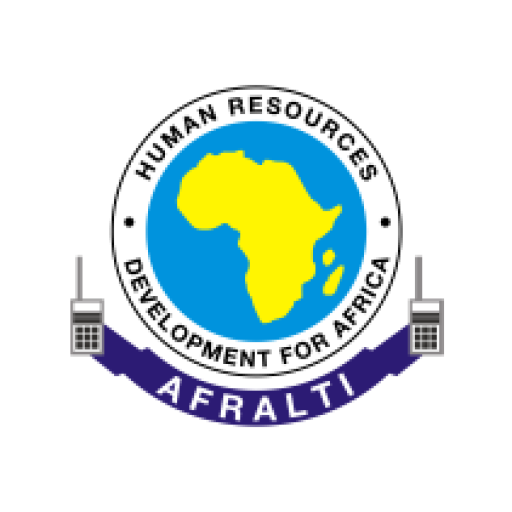Background
Children and young people use the Internet for a variety of purposes, from getting information for a school project to chatting with a friend. They are highly proficient in mastering complex programmes and applications, connecting to the Internet using mobile phones, tablets and other handheld devices such as watches, iPod Touch, e-book readers and gaming consoles.
However, the Internet along with providing access and opportunities also provides risk and harm, with some more prone than others. For instance, for migrant children and young people, the consequences of online breach of confidential information could be dramatic – in the wrong hands, data could be used to identify, and target people based on their ethnicity, immigration status, or other identity signifier; for children and young people with autism spectrum disorder (ASD), social challenges such as difficulty in understanding others’ intentions, can leave this group vulnerable to “friends” with bad intensions; and children and young people with disabilities are more prone to exclusion, stigmatization, and manipulation.
African children are faced with enormous challenges with regards to access and use of the Internet with studies on child safety and security indicating that 33% of children have access to Internet at home (Unicef, 2020). Unfortunately, the majority of these children lack the necessary tools or mechanisms to safeguard themselves online.
In an effort to build a positive online experience for our children and teenagers, AFRALTI proposes, in collaboration with CA, to provide training to Kenya citizens working closely with children, as part of what is expected to be a long-term relationship, key stakeholders will be given the tools they need to address problems related to children’s online presence.
Child online protection has become a global concern attracting several organizations like ITU, UNICEF, GSMA and the Communications Authority of Kenya (CA) leading to such organizations engaging in various campaigns as a way of creating awareness. Despite these efforts, there is a still a huge knowledge gap on how to address issues associated with Child Online Protection.
AFRALTI has trained 1,232 stakeholders on Child Online Protection between November 2019 and March 2024 under the sponsorship of the Communications Authority of Kenya (CA).
| Year | No. of Participants Graduated | No. of Cohorts | Mode of Delivery |
|---|---|---|---|
| Year 1 2019-2020 | 95 | 3 | In- person training |
| Year 2 2020-2021 | 262 | 5 | Virtual Instructor Led Training |
| Year 3 2021-2022 | 298 | 5 | Virtual Instructor Led Training |
| Year 4 2023 | 296 | 5 | Virtual Instructor Led Training |
| Year 5 2024 | 281 | 6 | Virtual Instructor Led Training and 1 In- person training |
| Total | 1,232 | 24 |
Pain Points
With advancement of Technology, children are exposed to devices connected to the Internet and their Safety Online is not guaranteed. This course will prepare stakeholders to take their specific roles on how to protect children online.
Value Proposition
In line with CA efforts as the ICT regulator mandated to protect consumers of ICT services including children. Children are a vulnerable group and there have been many cases of children unknowingly getting into dangerous situations that sometimes have detrimental effects on them. Protecting children online is a global problem that requires concerted efforts of parents, guardians, the government and organizations that focus on children, among others.
The launch of the Digital Literacy Program has increased the number of children accessing technology and as such the initiative will ensure safeguards are put in place for their proper use.
In addition, the reports generated from this initiative will provide sufficient information to support the policy and legal frameworks for child online protection to be established by the relevant entities.
Course Overview
To safeguard children from online threats, it is imperative for parents, caregivers, educators, and policymakers to remain well-informed about online safety. This knowledge will enable them to effectively guide children during their online activities while also leveraging the advantages of Internet access. With program content developed and delivered by a diverse panel of experts from different backgrounds and extensive experience, participants can rest assured that they will receive up-to-date insights and training appropriate for this dynamic and evolving digital landscape.

